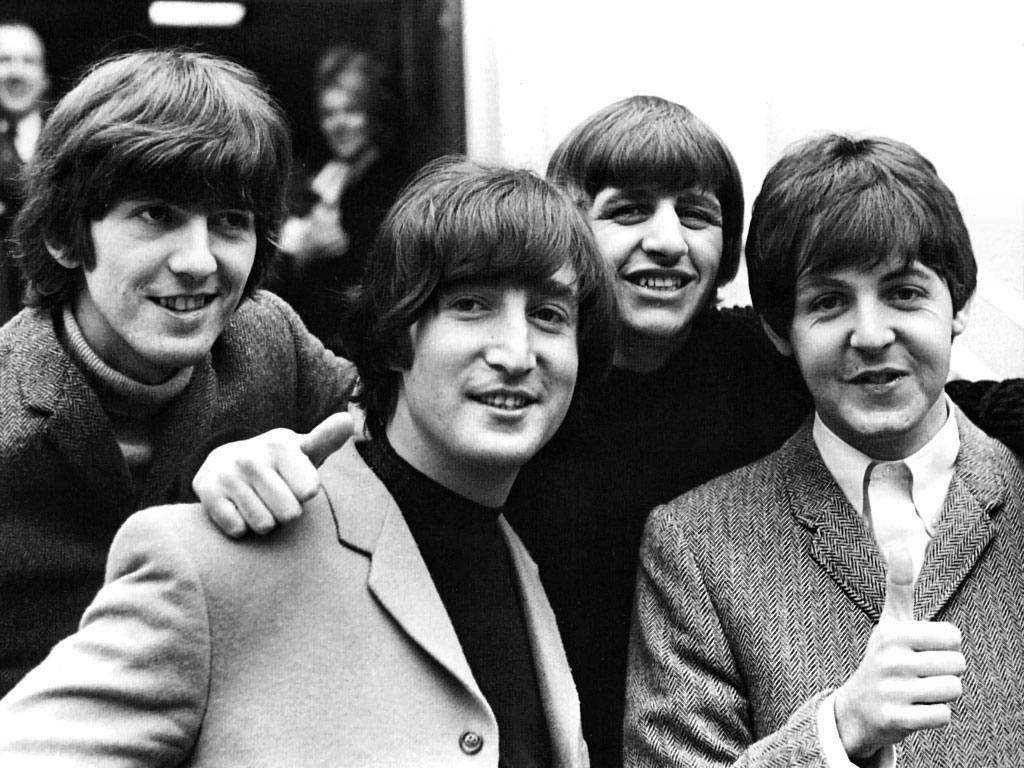
Music is not like automobiles or ice cream or movies or blue jeans.
I say this because it is the thing marketing firms struggle with in terms of selling the notion of “if you like ‘that,’ then you will also likely want ‘this’ as well…” There are simply too many variable factors in how we enjoy and experience music to break it down to that level.
That being said, in rare instances, a few of the hundreds of thousands of musicians who record and perform music at any given time actually are able to connect with millions of human beings:
- The Beatles appear on The Ed Sullivan Show
- Our “three-minute” attention span is set aside when each airing of Michael Jackson’s Thriller video occurs
- Jimi Hendrix performs the National Anthem
- Allison Krauss wins 28 Grammy Awards
- Tim McGraw offers the option to “live like you were dying”
When this occurs, the artist becomes an integral part of our own lives. The songs become a thread holding together the fabric of our weddings, the births of our children, the passing of loved ones, our celebrations and our triumphs.
When the individual who performs these songs passes, it affects us precisely for the fact that we have created that connection to our own life. It is not about the individual, though we may feel remorse for the family and friends at some level; rather, it is about acknowledging those notes which filled in those gaps, the words which made us feel like the song was just for us, the melody which will forever be the soundtrack of that moment of our life has forever changed … the source of all of those emotions has left this mortal coil and we are faced with our own mortality. We feel the loss; we feel the sadness. It is human nature to congregate — whether it be on a social network or in a public setting — to be a part of a community which feels the same.
We are reminded that we are all human and all of the accolades and riches and awards does little to affect one’s own insecurities and troubles. Those whom we revere as iconic superstars feel the stress and pain the same as the kid on the bus or the woman in the church pew next to us.
And when they pass, especially due to unhappy circumstances, we can choose to respond with cynicism or we can respond as if we have lost someone we knew and loved. In either case, it is still the same: we are all brothers and sisters on this big, blue marble, and troubles and triumphs are not as different as we would like to think.
Ashes to ashes, from cradle to grave, we are all human.
…and the process never ends:
- Run DMC — with a little help from Aerosmith — become the first recording artist to chart a number one pop chart single without possessing the ability to sing or dance.
- Apple sells iPods using a snippet of little-known Canadian chanteuse, Leslie Feist, whimsically counting to four.
- Four simple chords and a melodic reminder that “tonight’s gonna be a good night…”
- The first superstars of pop music end their career and remind us, with the final words in the final song on their final recorded effort, “the love we take is equal to the love we make.”








